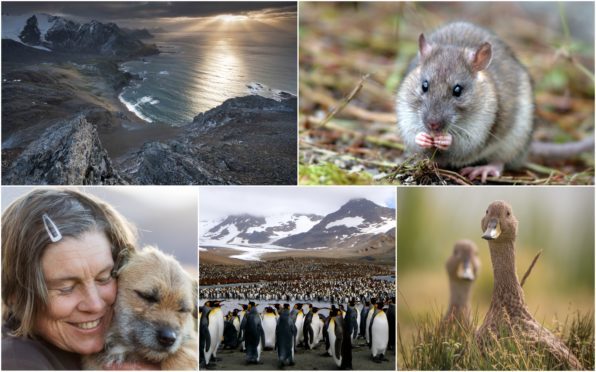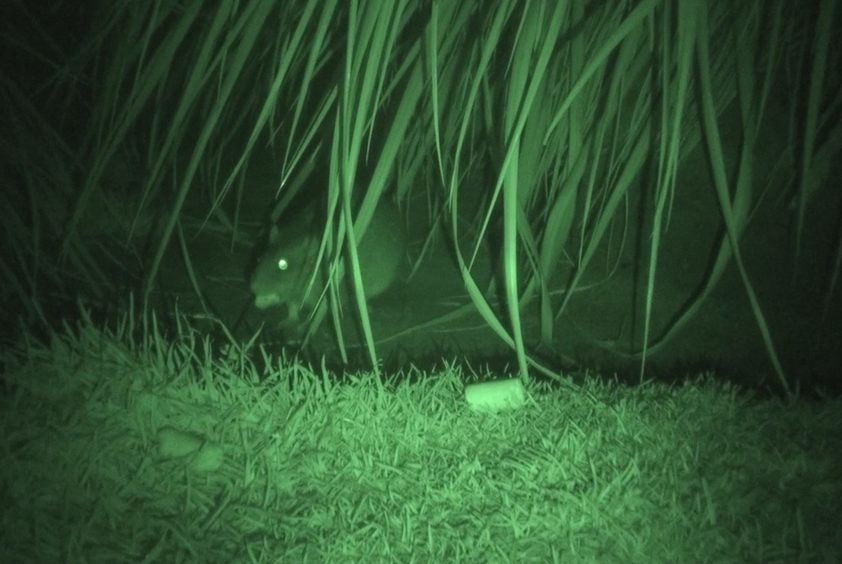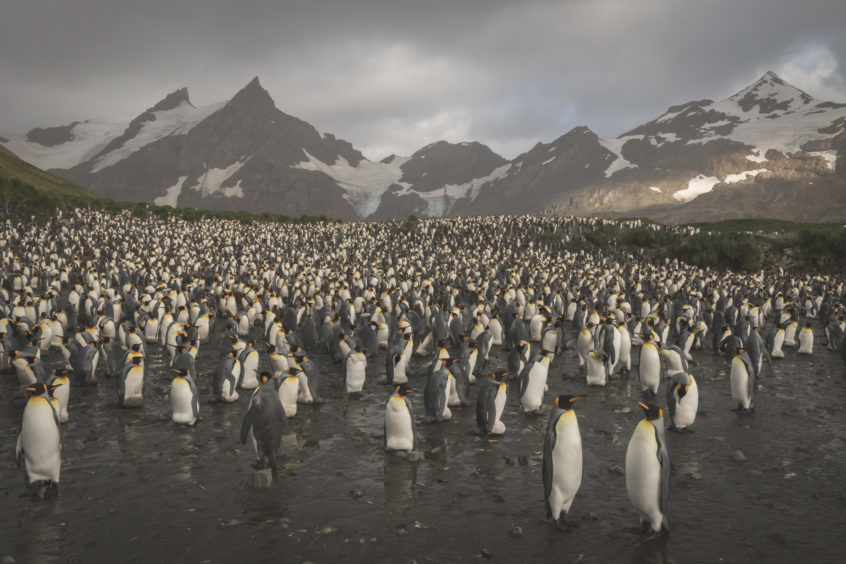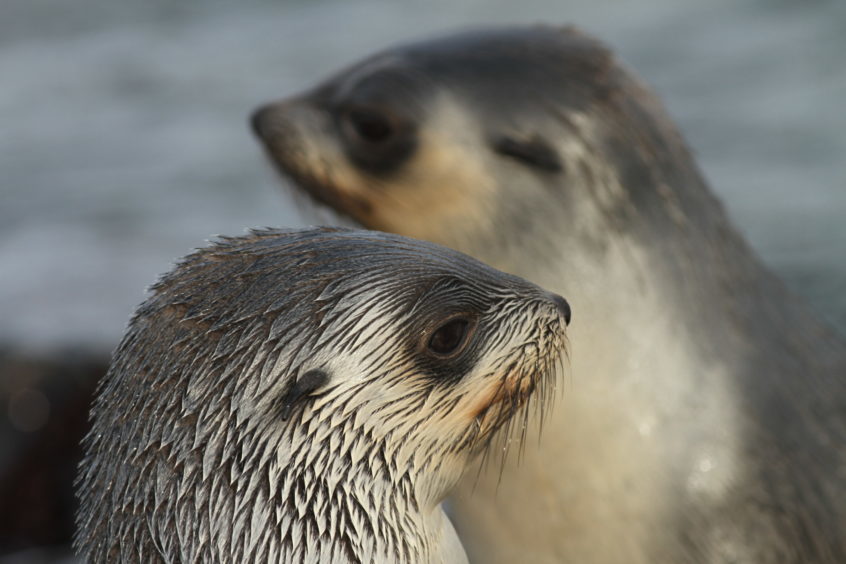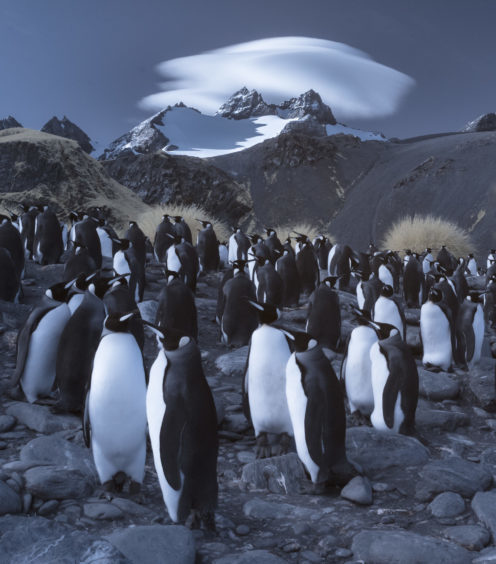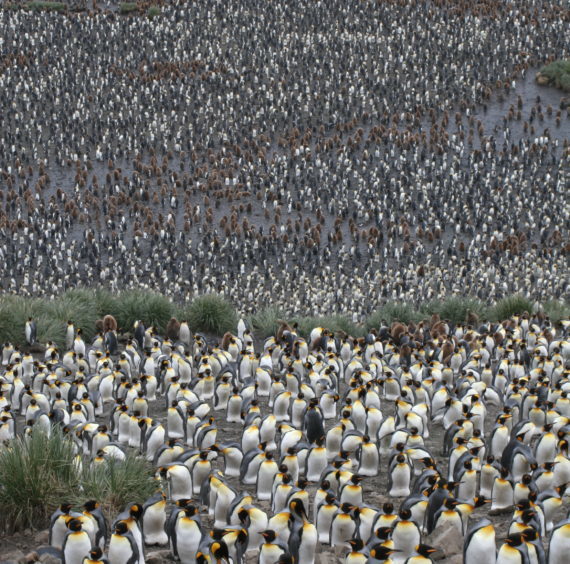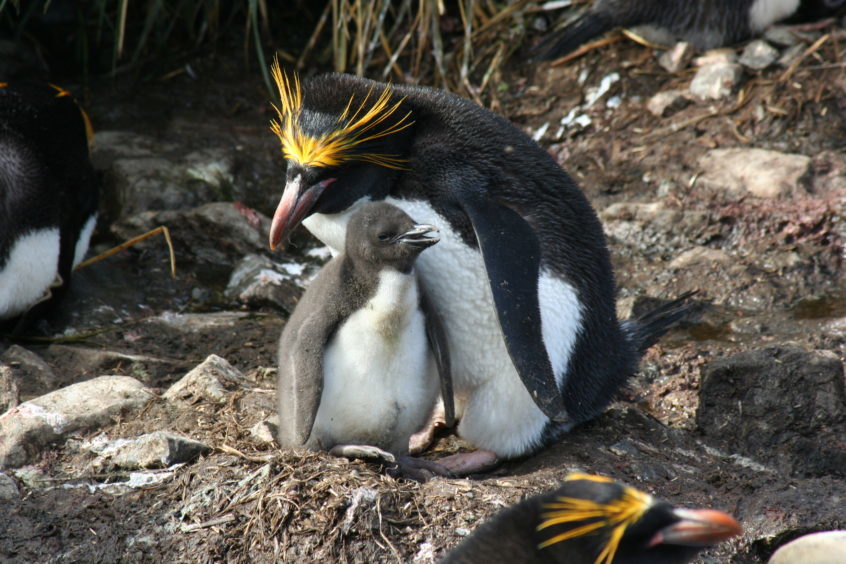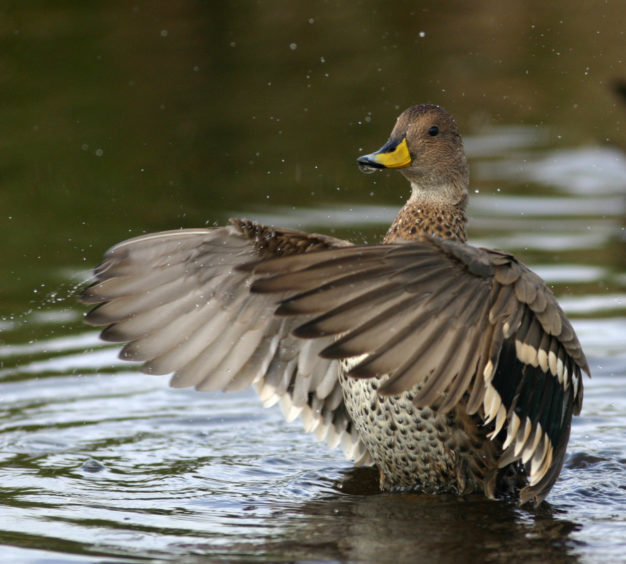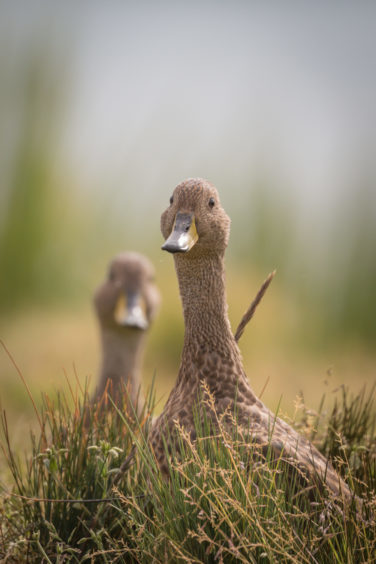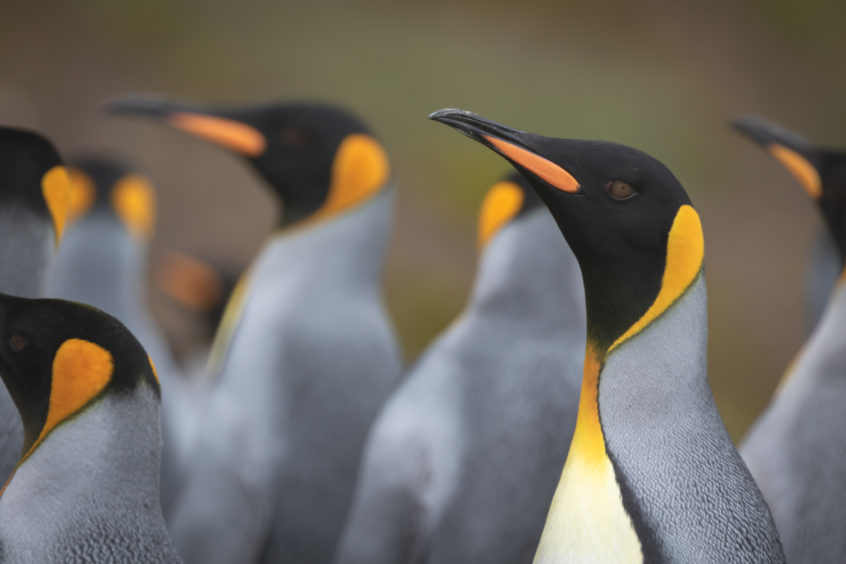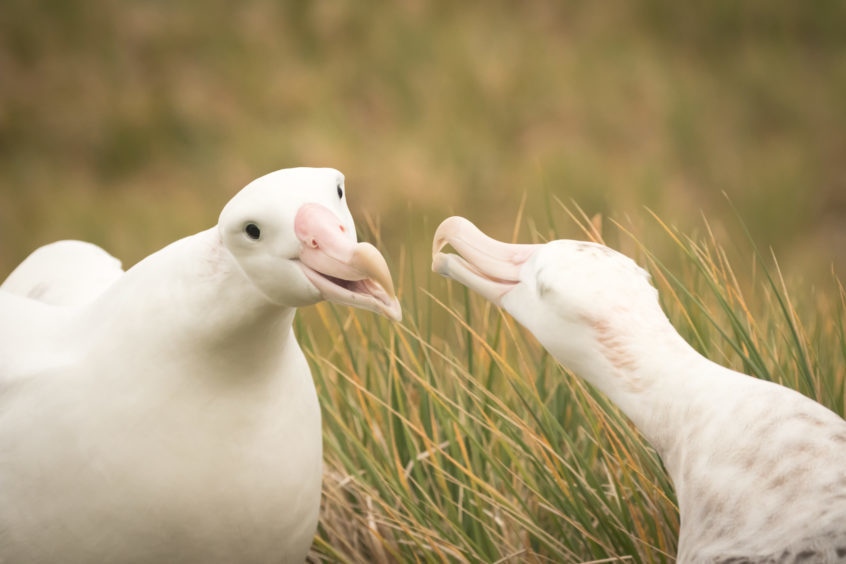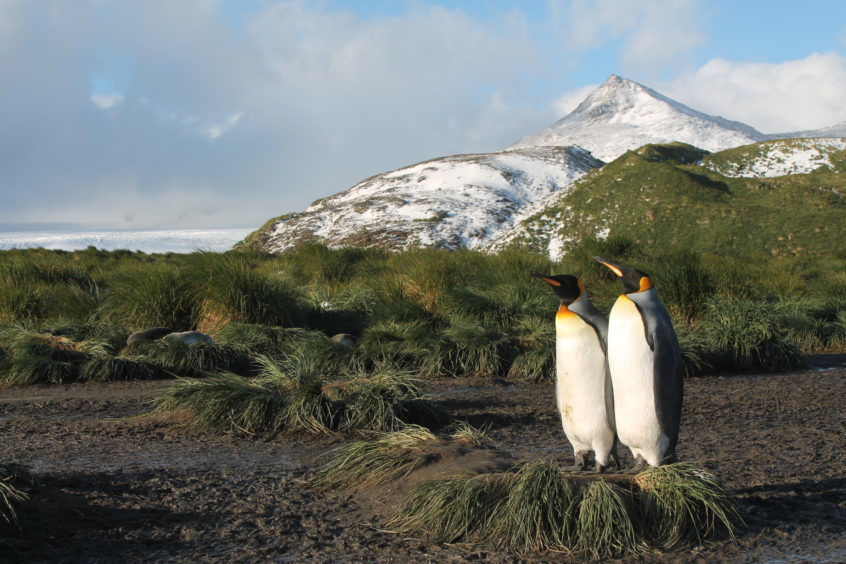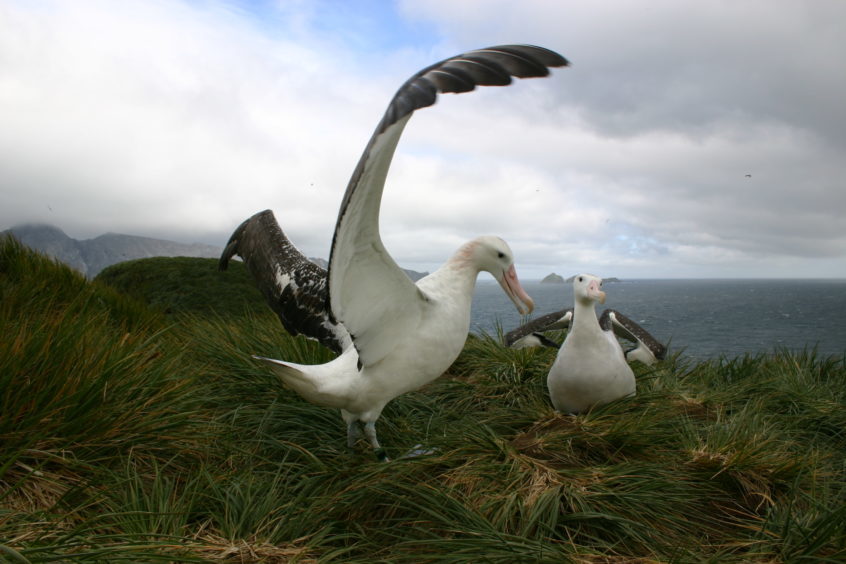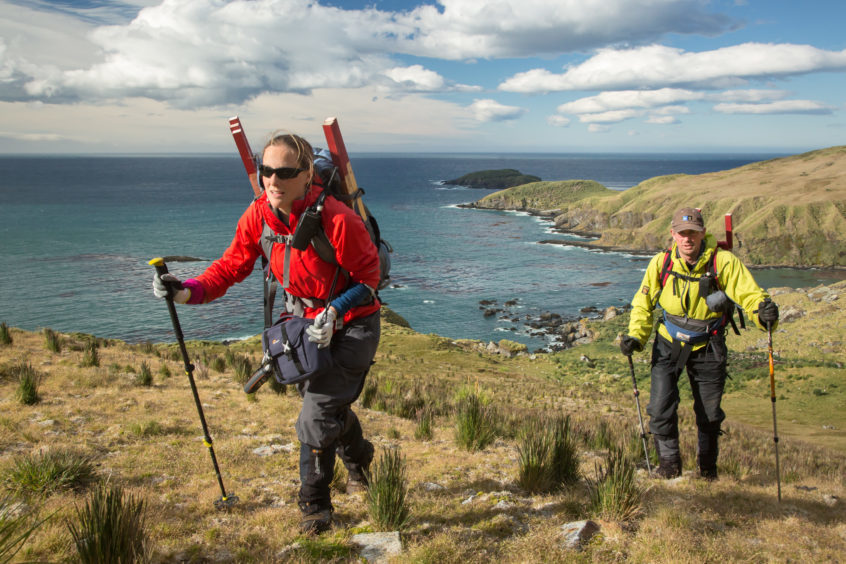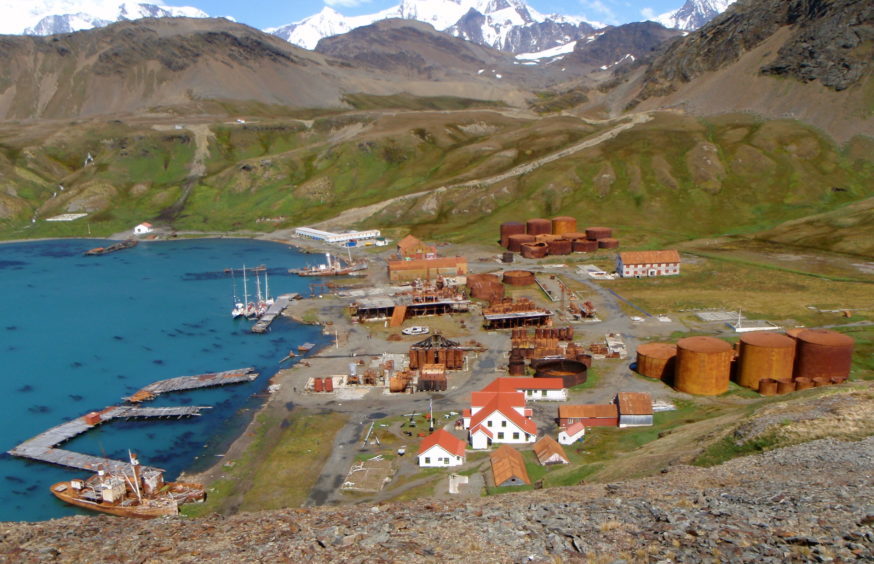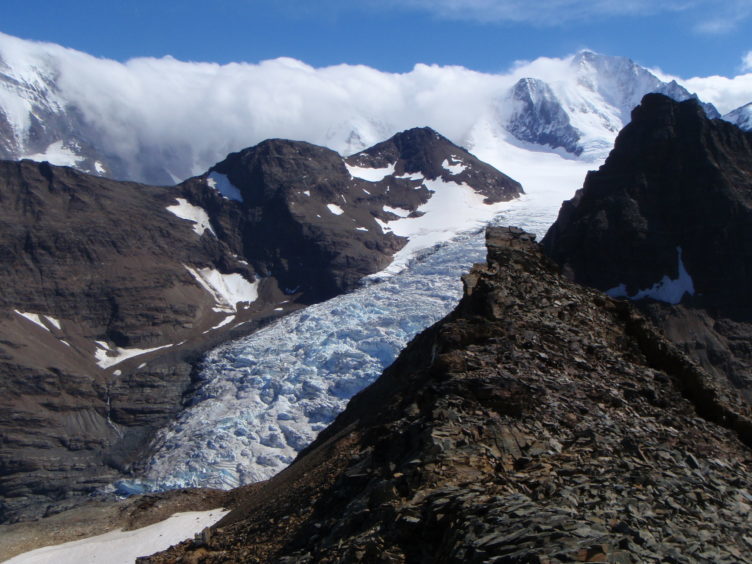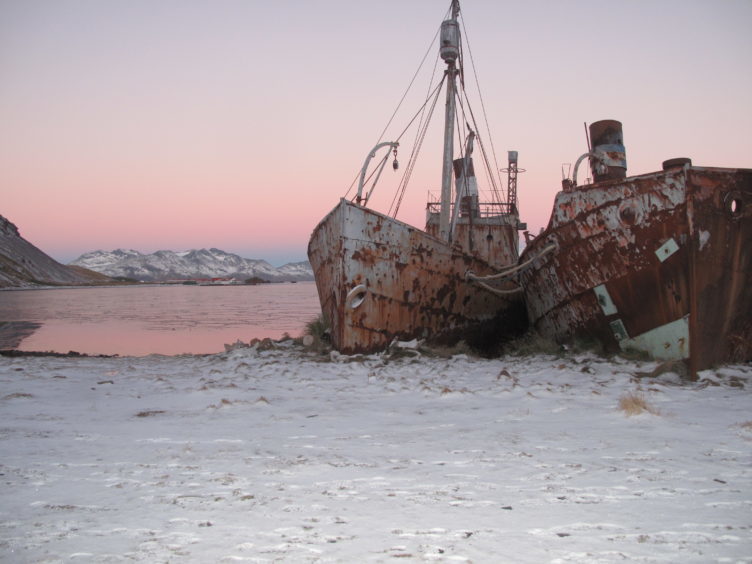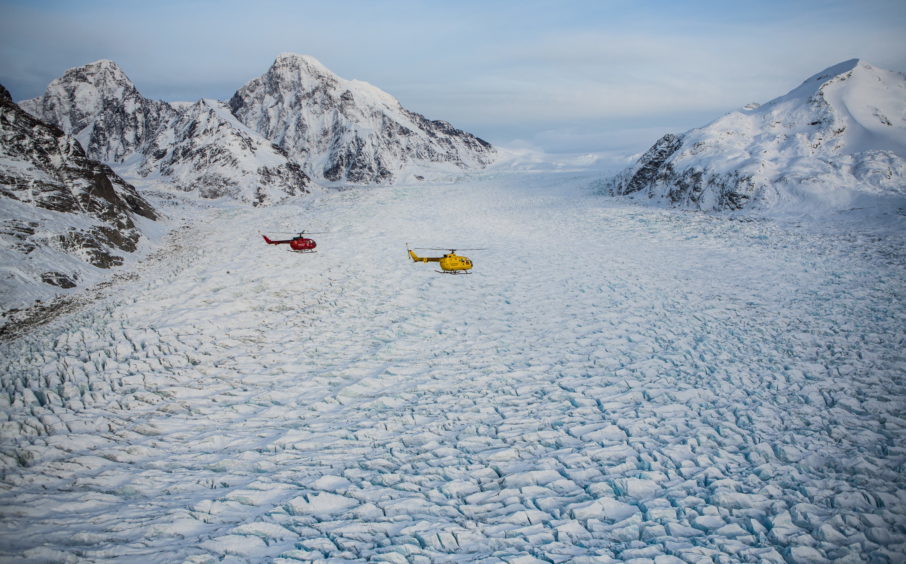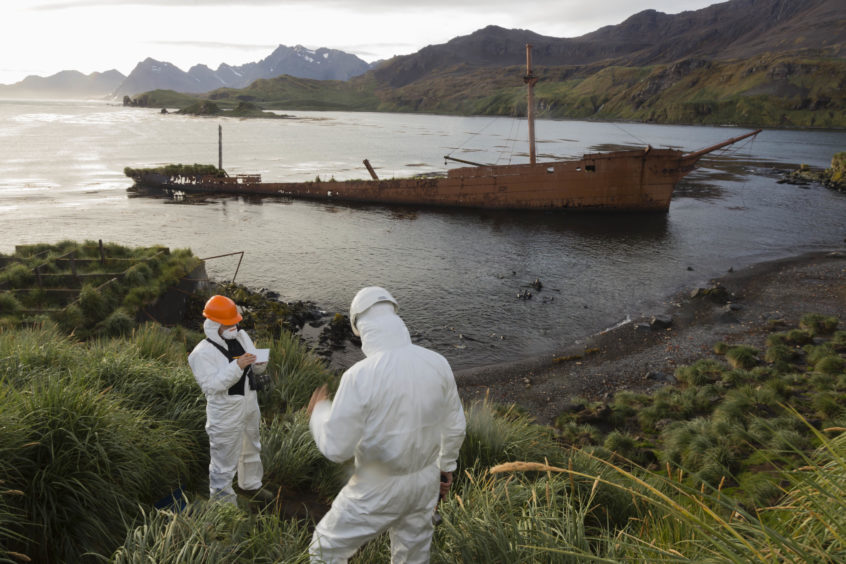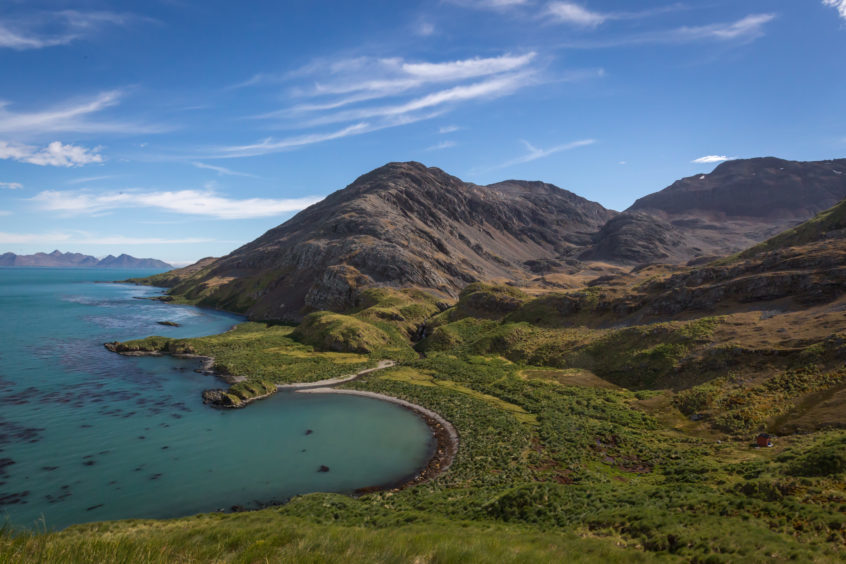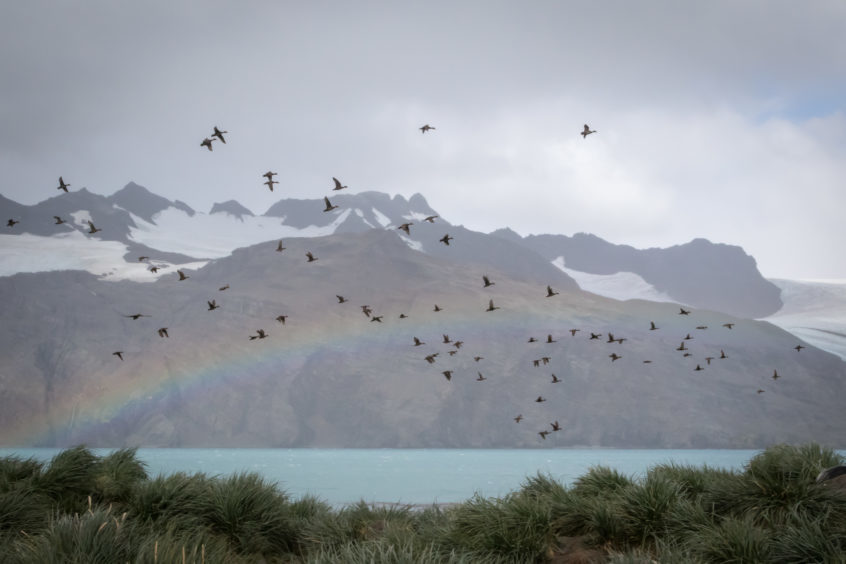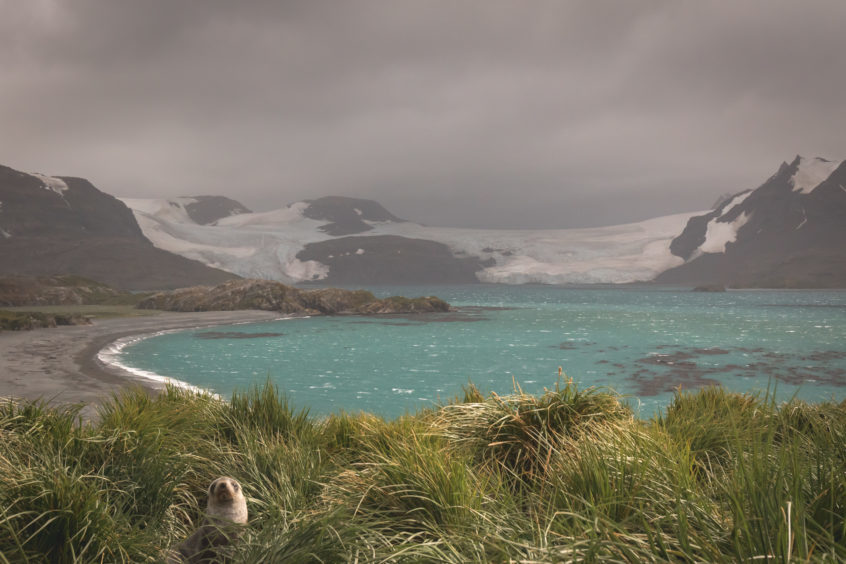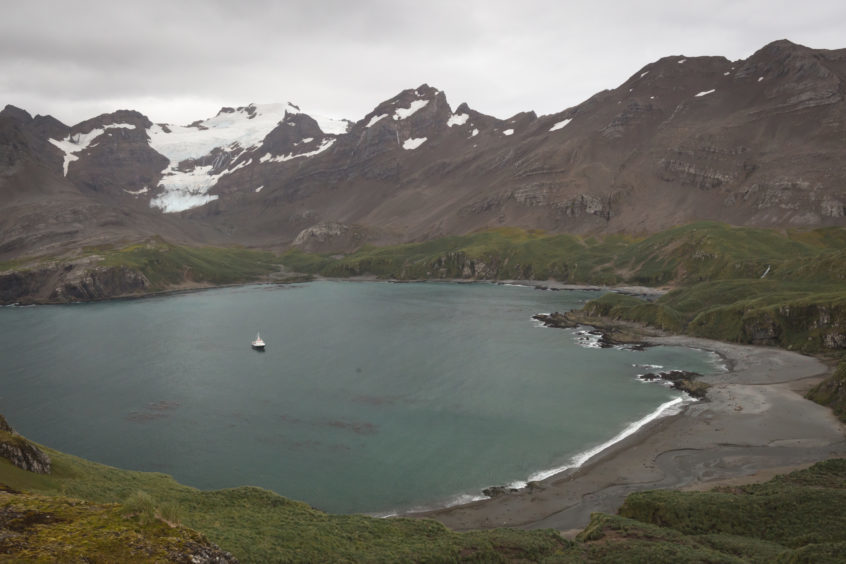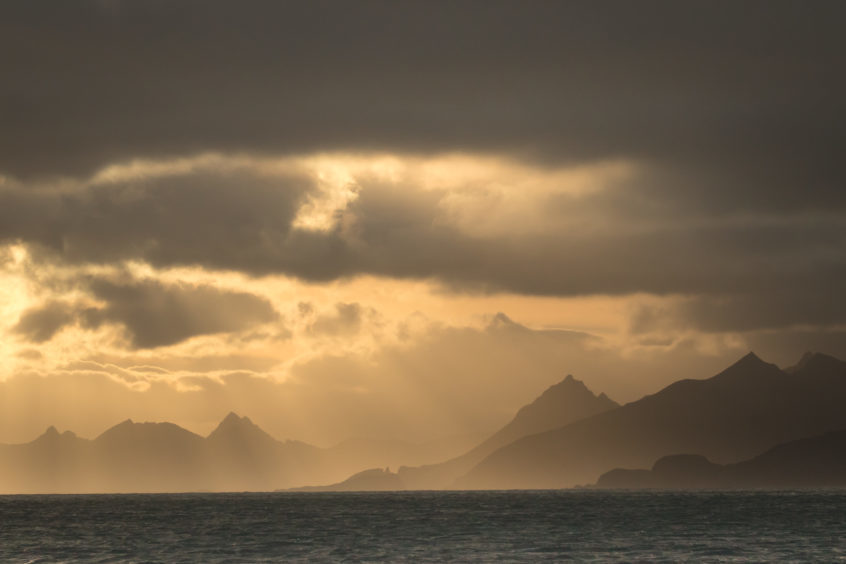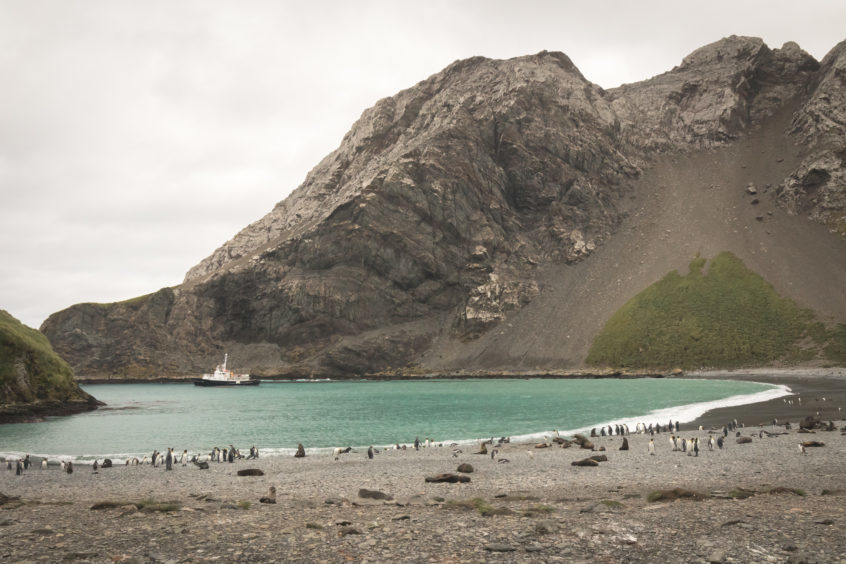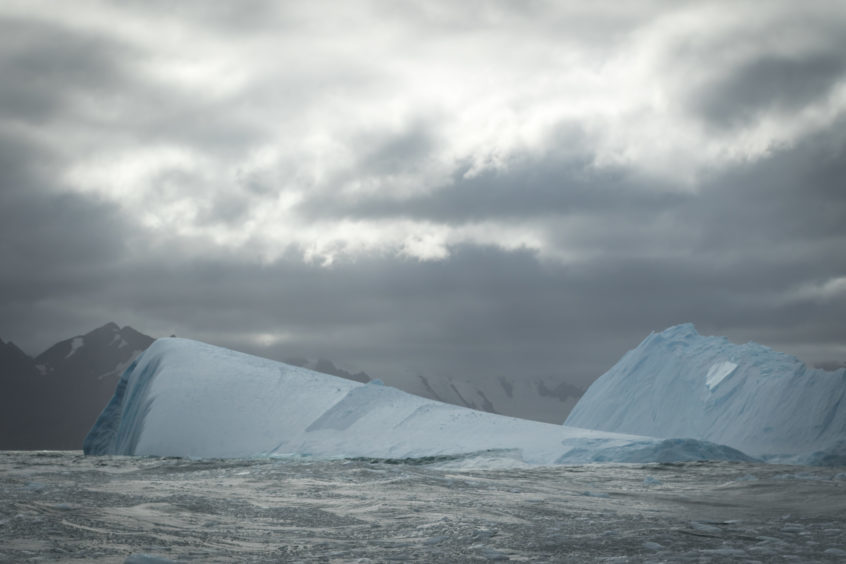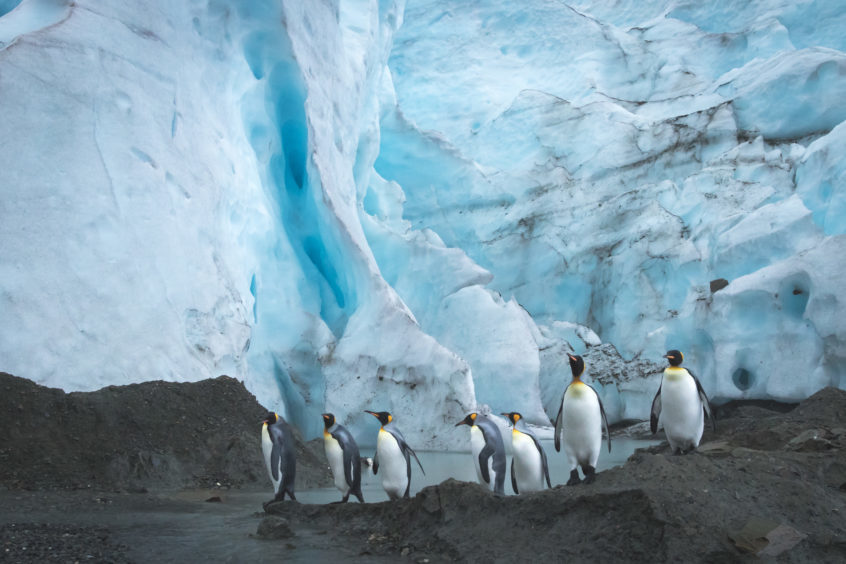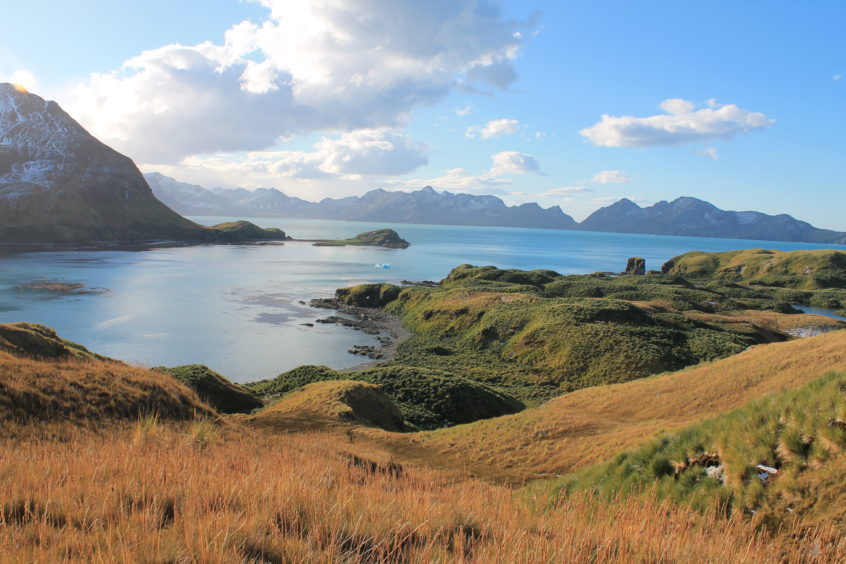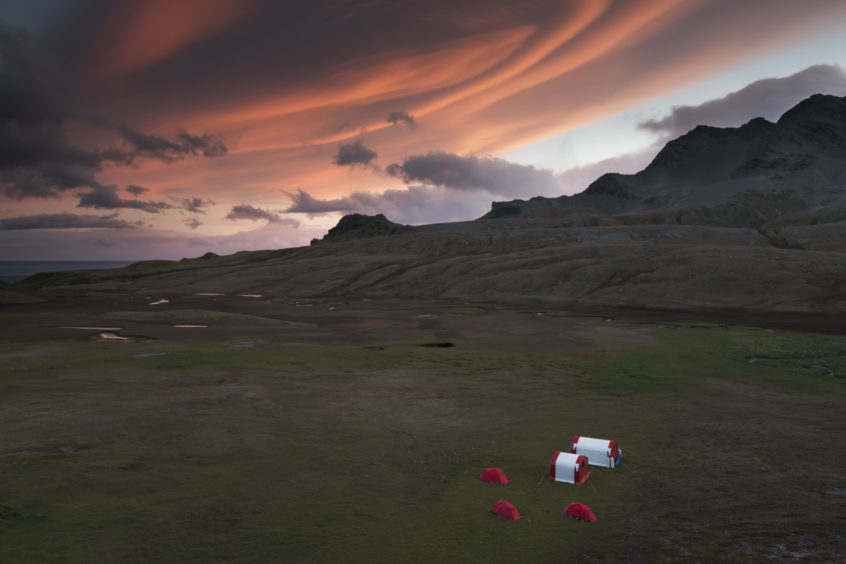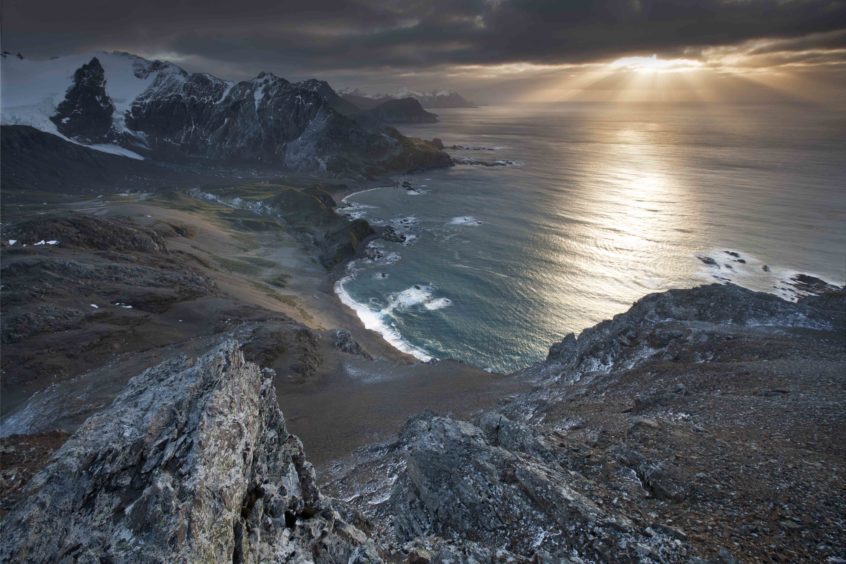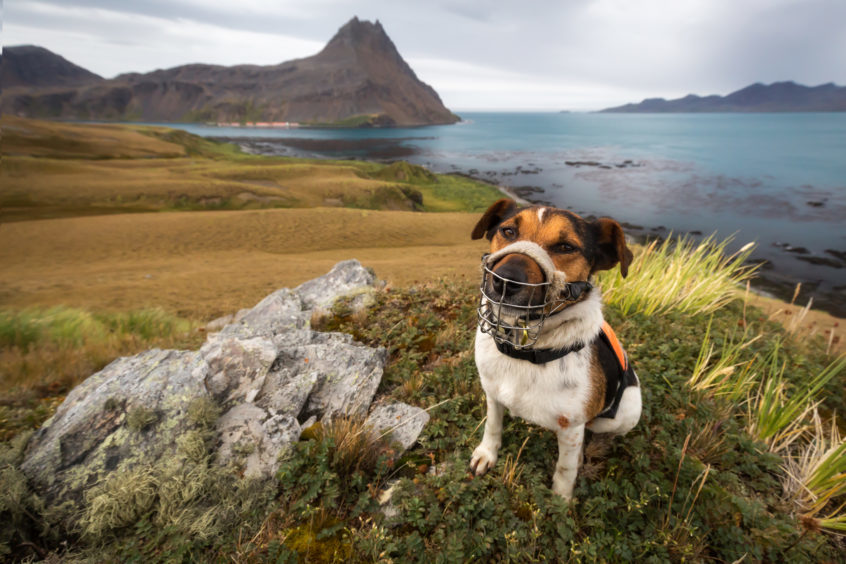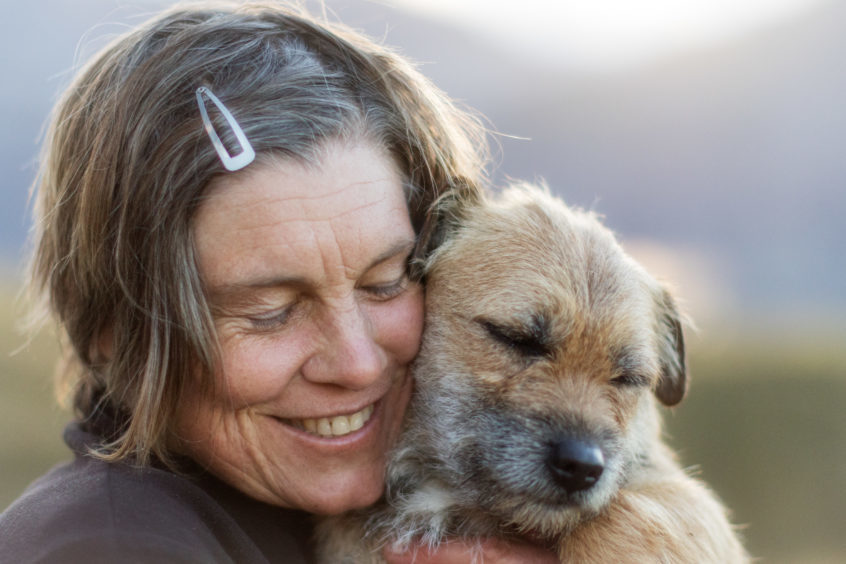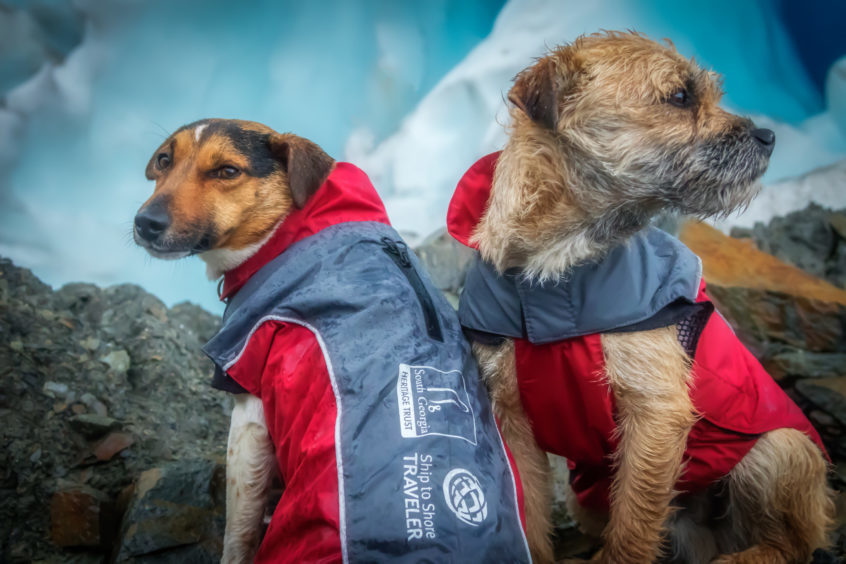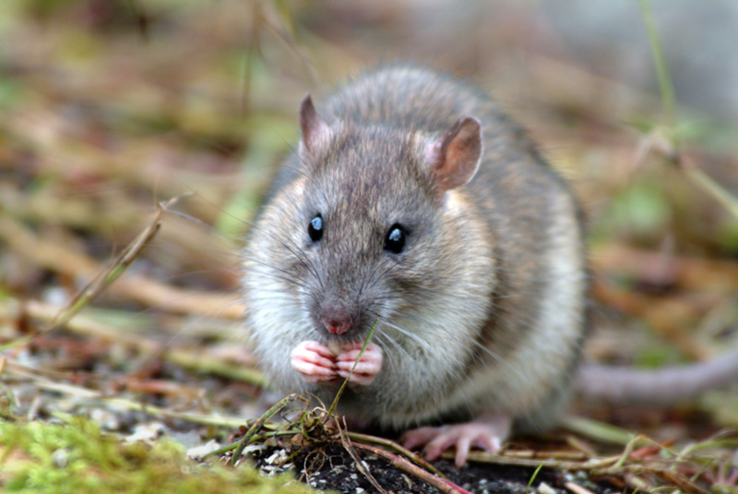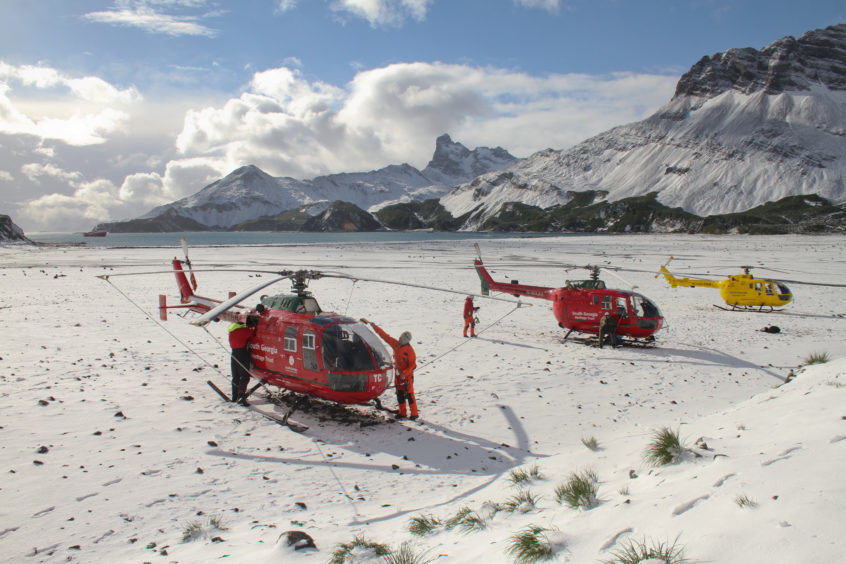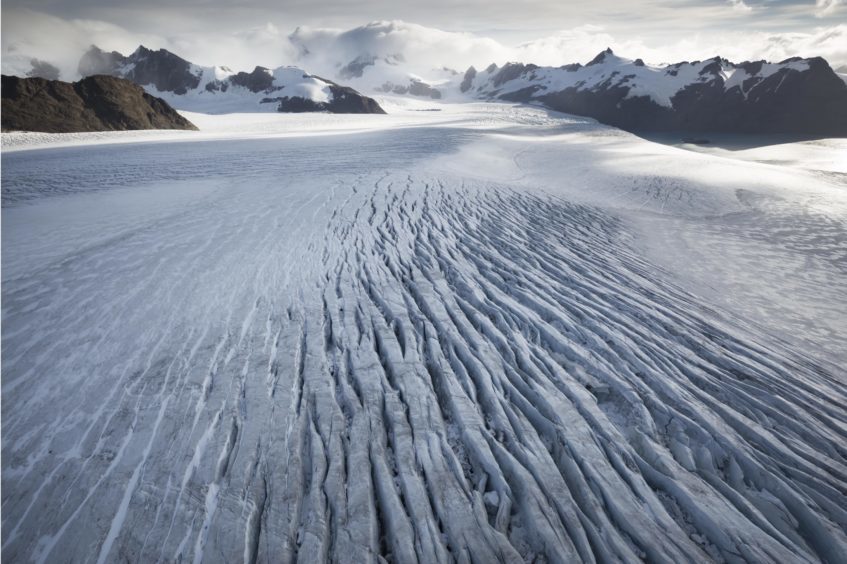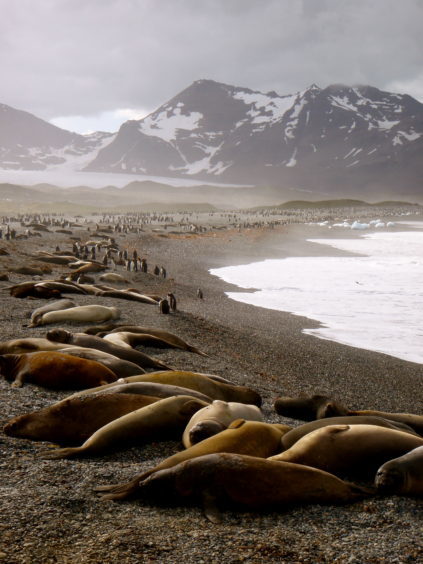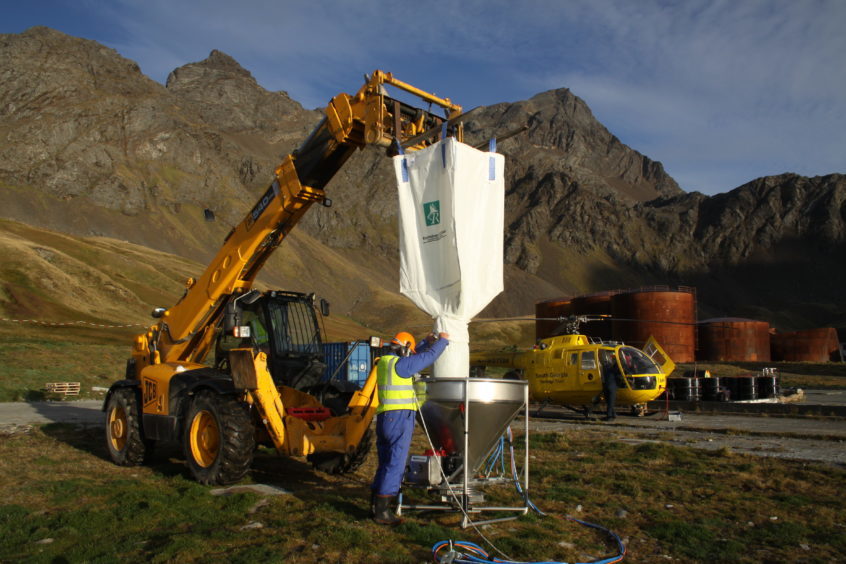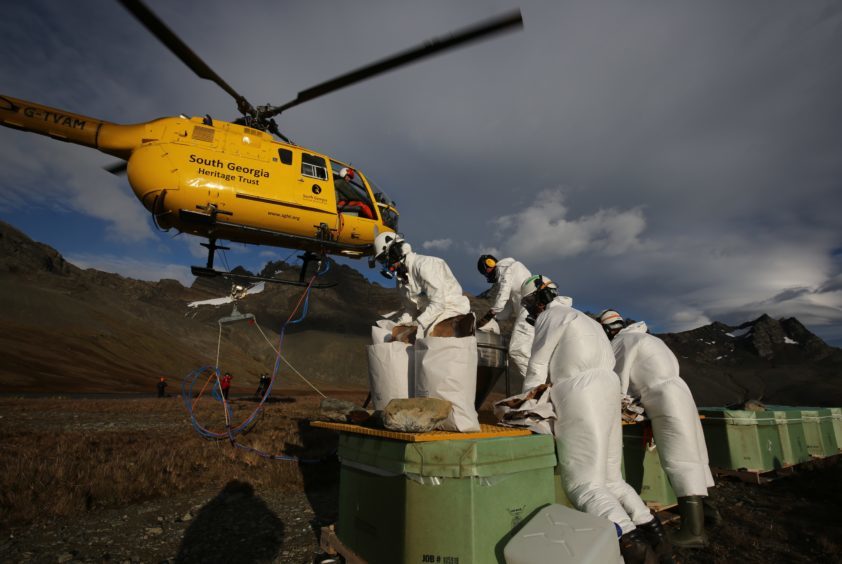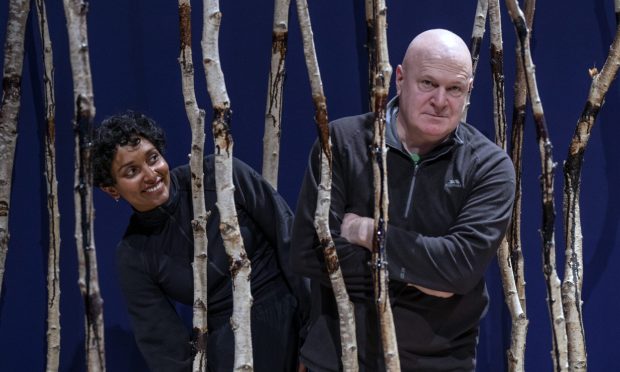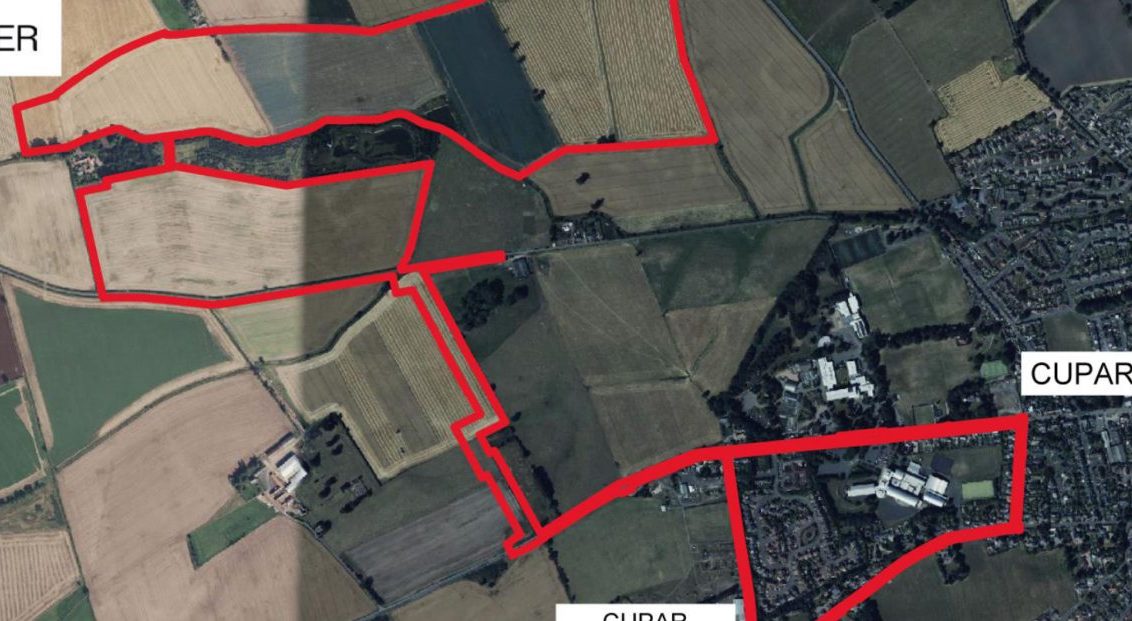A Dundee-based charity has succeeded in its epic mission to declare a sub-Antarctic island rodent-free for the first time since humans arrived more than 200 years ago.
In 2011, the South Georgia Heritage Trust started the world’s largest project to remove the invasive rats and mice to save South Georgia’s wildlife, including threatened pipits and pintails.
The 16 people assigned to the extraordinary task were dubbed Team Rat. To mark the success of their efforts the project team have shared a remarkable photo and video record of the landscapes and wildlife they encountered.
The wildlife
In an incredible feat of endurance and teamwork reminiscent of Sir Ernest Shackleton’s epic crossing of the island just over a hundred years ago, dog handlers walked a total of 1608km, with their sniffer dogs covering a total of 2420km, searching for signs of rats.
This distance, roughly the equivalent of a return trip from London to Dundee, is all the more impressive given the rugged and challenging terrain of South Georgia.
The landscapes
Together, the handlers climbed the equivalent ascent of Mount Everest eight times over, and the dogs almost 13 times.
Over the winter, the final examination of the British Overseas Territory was carried out with the help of sniffer terriers Wai, Will and Ahu, which confirmed the extinction of the rodents on the island.
Invasive rats and mice arrived on the island on whaling ships, many there to find fuel for Dundee’s jute mills, and preyed upon native species of ground-nesting and burrowing birds.
Mike Richardson, chairman of the charity’s restoration project steering committee, said: “South Georgia Heritage Trust is delighted to declare that its habitat restoration project is complete and that invasive rodents have been successfully eradicated from the island.
“It has been a privilege to work on this conservation project, the largest of its kind anywhere in the world, and I am immensely proud of what the small charity has achieved – it has been a huge team effort.”
He added: “The popular TV series ‘Blue Planet’ highlighted our shared environmental challenges and raised awareness of South Georgia’s importance to seabirds and nature more widely. We hope the results from this project will continue to inspire others to help protect our natural world.”
Alongside the help of US associates, the Friends of South Georgia Island, the organisations raised £10 million to finance the project.
Almost £1 million was also raised from the UK Government through the department for Environment, Food and Rural Affairs.
Lorne Gardiner, parliamentary under-secretary for the government department division, said: “The UK is proud to be custodian of the precious and unique biodiversity of 14 overseas territories, most of which are island environments, like South Georgia, that are highly vulnerable to environmental change.
“The rodent eradication work completed by the South Georgia Heritage Trust is undoubtedly among the most remarkable of recent island conservation efforts.”
Key facts
>> South Georgia is a UK Overseas Territory administered by the Government of South Georgia & the South Sandwich Islands.
>> South Georgia is one of the world’s last great wilderness areas and amongst the wildlife on the island are 98% of the world’s Antarctic fur seals and half the world’s elephant seals. Four species of penguin nest on the island, including king penguins with around 450,000 breeding pairs. The island’s birdlife includes numerous species of albatrosses, prions, skua, terns, sheathbills and petrels, as well as the endemic South Georgia Pipit, and the South Georgia Pintail.
But although the wildlife remains impressive, it is but a shadow of what Captain Cook encountered when he discovered and named South Georgia in 1775. Rats and mice, arriving in the ships of sealers and whalers, have spread over much of the island, predating on the eggs and chicks of many of the native birds. The aim of SGHT’s Habitat Restoration Project was to eradicate these invasive rodents and allow millions of birds to reclaim their ancestral home.
>> The South Georgia Heritage Trust was founded in 2005 to preserve the sub-Antarctic island’s natural, human and cultural heritage; raise awareness of the island’s endangered flora and fauna through research and public engagement; manage practical conservation programmes to protect native species.
>> SGHT conducted three phases of baiting, mainly using aerial baiting by three helicopters alongside hand baiting inside former whaling stations. With the completion of Phase 3 in March 2015 (36,874 hectares baited), Team Rat had successfully baited every nook and cranny of South Georgia that might be infested by rodents, an area of over 100,000 hectares (1000km2 ) of land.
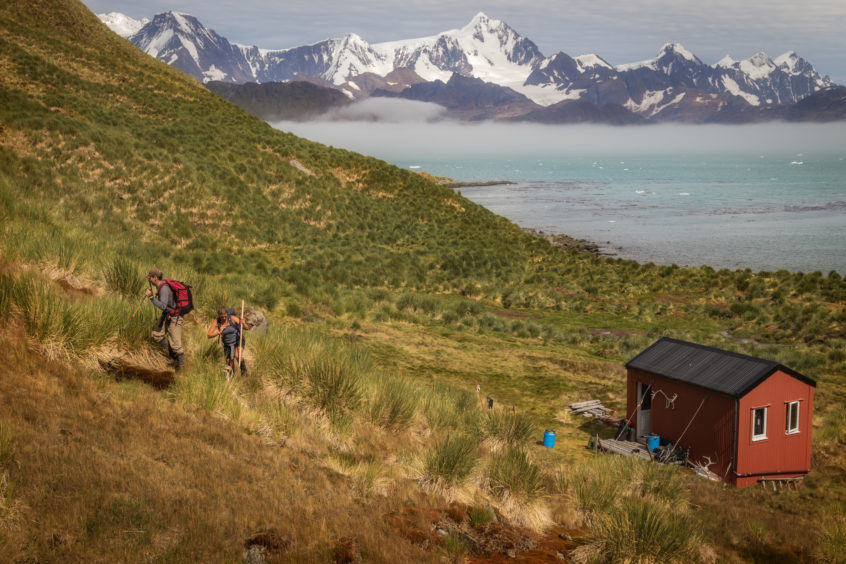
>> SGHT has pledged to support the Government of South Georgia & the South Sandwich Islands in the implementation of best practice biosecurity measures to minimise the threat of rodents ever returning to South Georgia.
